Find Help
More Items From Ergsy search
-

Causes of irritable bowel syndrome (IBS)
Relevance: 100%
-

Causes of irritable bowel syndrome (IBS)
Relevance: 99%
-

Symptoms of irritable bowel syndrome (IBS)
Relevance: 93%
-

What is irritable bowel syndrome (IBS)?
Relevance: 92%
-

About irritable bowel syndrome (IBS)
Relevance: 91%
-

About irritable bowel syndrome (IBS)
Relevance: 90%
-

What is irritable bowel syndrome (IBS)?
Relevance: 90%
-
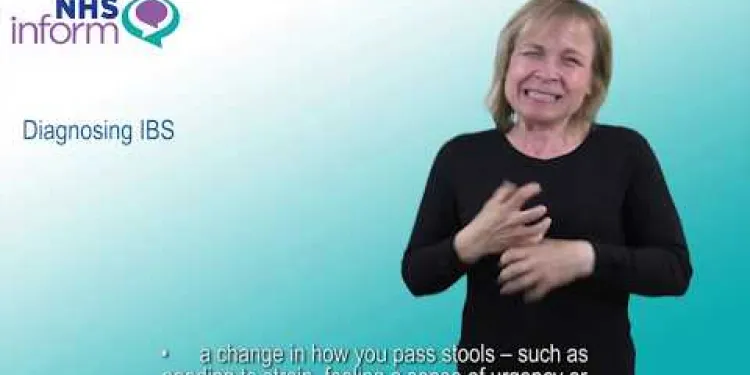
Diagnosing irritable bowel syndrome (IBS)
Relevance: 88%
-

Treating irritable bowel syndrome (IBS)
Relevance: 87%
-

Treating irritable bowel syndrome (IBS)
Relevance: 81%
-

Symptoms of irritable bowel syndrome (IBS)
Relevance: 80%
-

What causes Carpal Tunnel Syndrome?
Relevance: 49%
-

What causes chronic fatigue syndrome?
Relevance: 48%
-
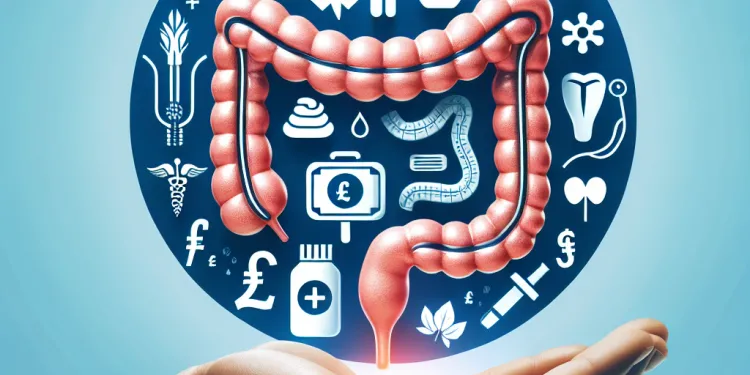
What are the side effects of bowel cancer treatment?
Relevance: 44%
-

Taking a Genetic Family History - The Conversation (Bowel Cancer)
Relevance: 44%
-
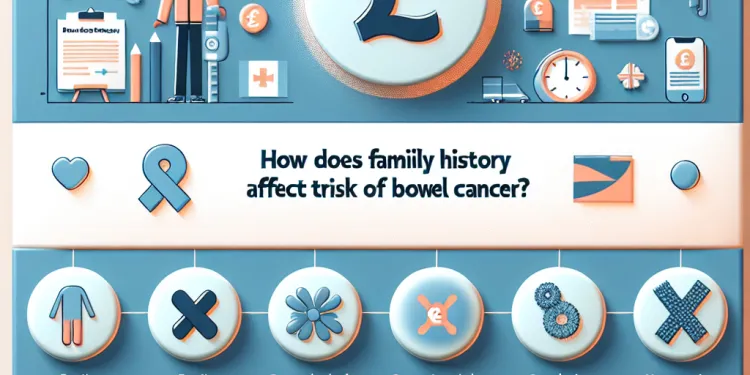
How does family history affect the risk of bowel cancer?
Relevance: 42%
-

Why is there a surge in bowel cancer?
Relevance: 41%
-

What is Bowel Cancer?
Relevance: 40%
-

Exercises for sciatica: piriformis syndrome | NHS
Relevance: 40%
-
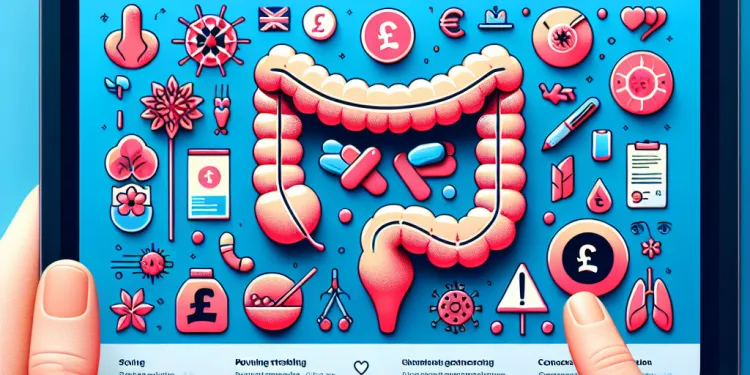
What are the risk factors for bowel cancer?
Relevance: 40%
-

What is Cushing's syndrome?
Relevance: 39%
-

Learn about bowel cancer (British Sign Language version)
Relevance: 37%
-

Munchausen's syndrome | NHS
Relevance: 37%
-

Carpal Tunnel Syndrome
Relevance: 36%
-
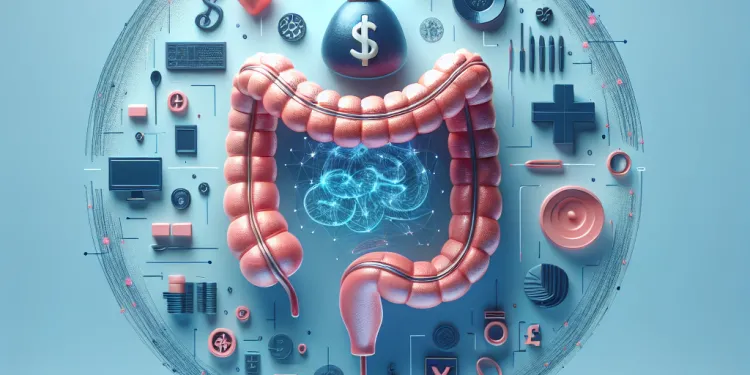
How common is bowel cancer?
Relevance: 36%
-

Can bowel cancer be prevented?
Relevance: 36%
-
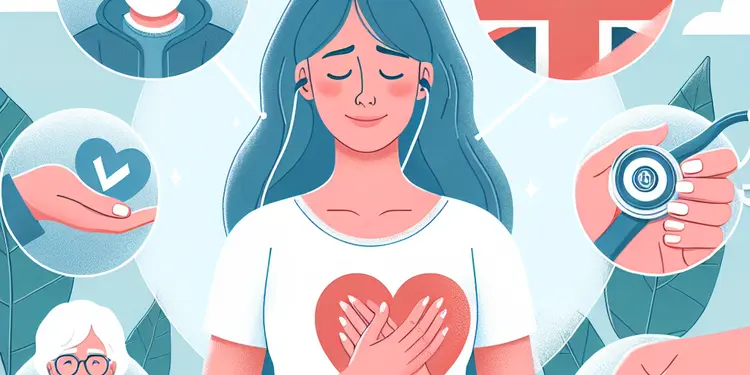
Is chronic fatigue syndrome contagious?
Relevance: 36%
-

Prader-Willi Syndrome | NHS
Relevance: 35%
-

Charles Bonnet Syndrome
Relevance: 35%
-

Are younger people being diagnosed with bowel cancer more frequently?
Relevance: 35%
-

What factors are contributing to the increase in bowel cancer cases?
Relevance: 35%
-
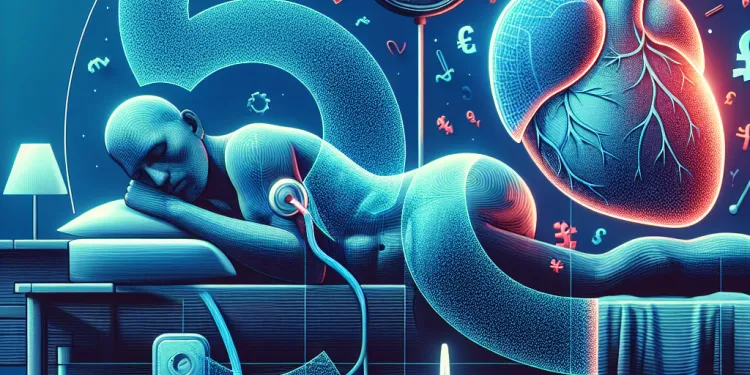
What is complex sleep apnea syndrome?
Relevance: 34%
-
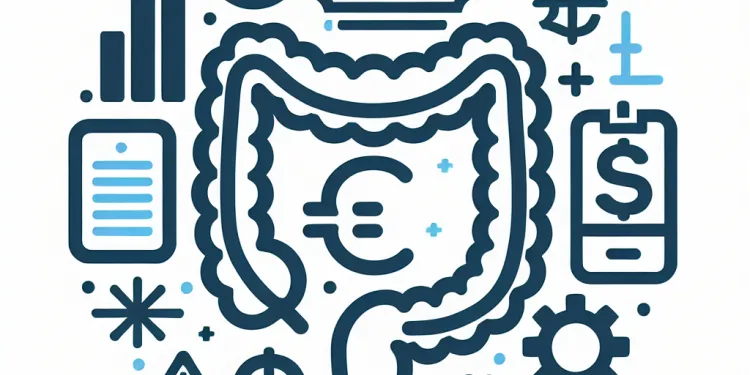
How is bowel cancer diagnosed?
Relevance: 34%
-

IBS and your mind: Is there a connection?
Relevance: 34%
-

Causes of a sore throat
Relevance: 34%
-

What is chronic fatigue syndrome?
Relevance: 34%
-

Bowel cancer - Symptoms and signs to look out for
Relevance: 34%
-

Is diet linked to the rise in bowel cancer?
Relevance: 33%
-
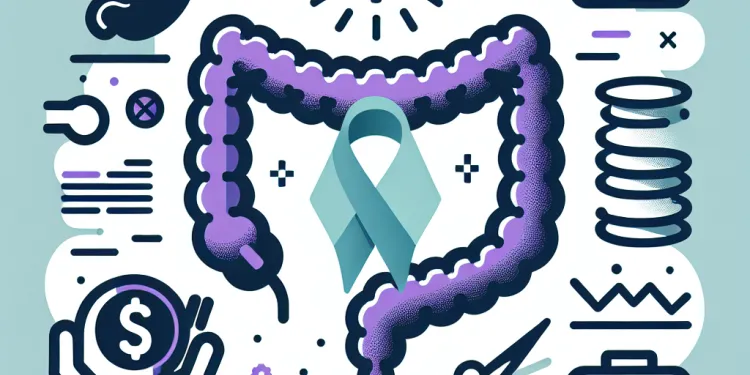
What is the survival rate for bowel cancer?
Relevance: 33%
-

Turner syndrome: Beyond the classic XO phenotype
Relevance: 33%
Causes of Irritable Bowel Syndrome (IBS)
Genetic Factors
Irritable Bowel Syndrome (IBS) might have a genetic predisposition. Research suggests that individuals with family members suffering from IBS might be more susceptible to developing the condition themselves. This implies a potential hereditary link, although the exact genetic markers remain under investigation.
Dietary Influences
The diet of individuals in the United Kingdom has been linked to the onset of IBS. High-fat foods, spicy meals, alcohol, and caffeinated beverages can trigger IBS symptoms in susceptible individuals. Additionally, artificial sweeteners and certain fibers found in processed foods might aggravate the bowel.
Gut-Brain Interaction
There is increasing evidence that IBS is linked to problems with the interaction between the brain and the gut. Stress and anxiety can exacerbate IBS symptoms, as the gut is sensitive to mental health. Psychological factors may alter gastrointestinal function, leading to discomfort and irregular bowel movements.
Gastrointestinal Infections
Post-infectious IBS occurs when individuals develop the condition following a bout of acute gastroenteritis. The inflammation from the infection can lead to changes in the gut's normal functioning, resulting in chronic symptoms of IBS even after the infection has cleared.
Intestinal Flora Imbalance
An imbalance in the gut microbiota, the community of microbes living in the intestines, can contribute to IBS. A reduction in beneficial bacteria or an overgrowth of harmful bacteria can disrupt normal bowel function and cause IBS symptoms. Probiotic treatments may help restore balance in some cases.
Food Intolerances
Food intolerances, particularly to lactose, gluten, and certain fermentable carbohydrates (FODMAPs), are commonly linked to IBS. The inability to properly digest these substances can lead to bloating, gas, and bowel irregularities, which are characteristic symptoms of IBS.
Hormonal Changes
Hormonal fluctuations, particularly in women, can influence IBS symptoms. Many women report worsening symptoms during their menstrual cycles, suggesting that hormonal changes play a role in the severity and frequency of IBS episodes.
Causes of Irritable Bowel Syndrome (IBS)
Family Connections
Some people might get Irritable Bowel Syndrome (IBS) because of their family. If your family members have IBS, you might get it too. This means it could run in families.
What We Eat
What we eat can make IBS worse. In the UK, foods high in fat, spicy foods, drinks with alcohol, and drinks with caffeine can cause problems. Sweeteners and some fibers in packaged foods can also upset the stomach.
Stomach and Brain Connection
IBS can happen because of the way the brain talks to the stomach. Stress and worry can make IBS worse. Our feelings can change how our stomach works, causing pain and bathroom problems.
Stomach Infections
Sometimes, after a stomach infection, people can get IBS. The infection can change how the stomach works, making IBS last even after you're better from the infection.
Good and Bad Germs
Our stomachs have good germs that help us stay healthy. If these germs get out of balance, it can cause IBS. Taking probiotics might help by adding more good germs back to the stomach.
Food Problems
Some people can't eat certain foods like milk (lactose) or bread (gluten). These foods can cause IBS symptoms like a swollen tummy, gas, and bathroom issues.
Hormones
Hormones are chemicals in our bodies. They can change a lot, especially in women. Many women say their IBS gets worse during their period. This shows hormones can make IBS worse.
Frequently Asked Questions
What causes irritable bowel syndrome (IBS)?
The exact cause of IBS is unknown, but it is believed to be due to a combination of abnormal gastrointestinal tract movements, increased sensitivity to pain, stress, and certain foods.
Can stress cause IBS?
Yes, stress is known to be a significant factor that can trigger or worsen the symptoms of IBS in many individuals.
Are there any risk factors for developing IBS?
Risk factors for developing IBS include a family history of IBS, anxiety, depression, and having a severe infection in the digestive tract.
Can diet influence IBS symptoms?
Yes, certain foods can trigger or worsen IBS symptoms. Common triggers include fatty foods, dairy products, caffeine, sugars, and artificial sweeteners.
Is IBS caused by food intolerances?
Food intolerances can contribute to IBS symptoms, but they are not considered a primary cause of the condition.
Can bacterial infections lead to IBS?
Yes, a history of a severe bacterial infection in the gut, such as gastroenteritis, has been linked to the development of IBS in some individuals.
Is there a genetic component to IBS?
There may be a genetic component to IBS, as it can run in families, but the genetic link is not fully understood.
Is IBS more common in women than men?
Yes, IBS is more commonly diagnosed in women than men. The reasons for this difference are not completely understood.
Can hormone changes cause IBS symptoms?
Hormonal changes, particularly in women, can influence IBS symptoms. Many women report worse symptoms during their menstrual periods.
Does IBS have a link to mental health conditions?
Yes, there is a well-established connection between IBS and mental health conditions like anxiety and depression.
Can IBS be caused by medications?
Some medications can worsen or trigger IBS symptoms, but they are not known to be a direct cause of IBS.
Can physical activity impact IBS symptoms?
Regular physical activity can help alleviate IBS symptoms by reducing stress and promoting healthy gut movements.
Are there specific tests to determine the cause of IBS?
There is no specific test to diagnose IBS. It is typically diagnosed based on symptoms and by ruling out other conditions.
Can gut bacteria imbalance cause IBS?
An imbalance in gut bacteria has been suggested as a potential factor in the development and exacerbation of IBS symptoms.
Is IBS caused by poor diet?
IBS is not directly caused by a poor diet, but dietary choices can significantly influence the severity and frequency of symptoms.
What makes your tummy upset, like in irritable bowel syndrome (IBS)?
The exact cause of IBS is not known. But, it might happen because of these things:
- Your tummy and gut might not move food like they should.
- Your tummy might hurt more than other people’s.
- Feeling worried or stressed can make it worse.
- Some foods can make it worse too.
To feel better, you can try:
- Talking to a doctor.
- Eating different foods to see what helps.
- Trying to relax and do things that make you feel calm.
Can stress make IBS happen?
IBS stands for Irritable Bowel Syndrome. It means your tummy hurts and feels upset a lot.
Feeling stressed or worried can sometimes make IBS worse. Taking deep breaths and relaxing can help. Talking to someone about how you feel is also a good idea.
There are things that can help:
- Try relaxing exercises, like deep breathing.
- Talk to a grown-up or a doctor if your tummy hurts a lot.
- Eating healthy food can help your tummy feel better.
Yes, stress can make IBS worse. It can also start IBS symptoms in some people.
What can make you more likely to get IBS?
Some things might make it easier to get IBS. Try to pay attention to these things:
- Family History: If other people in your family have IBS, you might get it too.
- Stress: Feeling worried or scared a lot can make it more likely.
- Food: Some foods might upset your tummy. Try to notice which foods make your tummy feel bad.
- Infections: Getting sick with a tummy bug might increase the risk.
To help, you can:
- Write down what you eat and how you feel after, to see if food bothers your tummy.
- Talk to a doctor if you feel upset often or if your belly hurts a lot.
- Try relaxing activities to feel less worried, like deep breathing or gentle exercises.
Things that can make you more likely to get IBS (Irritable Bowel Syndrome) include:
- If someone in your family has IBS.
- If you often feel very worried (anxiety).
- If you often feel very sad (depression).
- If you have had a bad infection in your tummy.
To help understand more, you can talk to a doctor or nurse. You can also use pictures and easy-to-read guides.
Can what you eat change IBS feelings?
IBS stands for Irritable Bowel Syndrome. It can make your tummy hurt, or you might feel like you need to run to the bathroom.
What you eat can change how your tummy feels. Some foods might make it hurt more, and some foods might help it feel better.
If you have IBS, it can help to:
- Keep a food diary. Write down what you eat and how your tummy feels. This can help you find out which foods are good or bad for you.
- Talk to a doctor or dietitian. They can help you make a plan for what to eat.
- Drink water. It’s good for your tummy.
- Eat slowly and chew your food well. This helps your tummy work better.
Remember, everyone is different. What helps one person might not help another, so find what works for you!
Yes, some foods can make IBS worse. Foods that can cause problems are: fatty foods, dairy like milk and cheese, caffeine in drinks like coffee, sugars, and fake sweeteners.
Does IBS Happen Because of Food?
Sometimes, certain foods can make IBS symptoms worse. But these foods are not the main reason people have IBS.
Can germs in your tummy cause tummy problems?
Sometimes, tiny germs called bacteria can get into your tummy. When this happens, it can make your tummy feel bad. This problem is called an infection. If you have an infection in your tummy, it might cause a problem called IBS. IBS makes your tummy hurt and feel uncomfortable. Talk to a doctor if your tummy is hurting a lot. Using pictures or asking someone to help you understand can be useful. You can also ask someone to explain things using simple words.
Yes, having a bad tummy bug, like when you get really sick from germs in your stomach, can sometimes lead to IBS for some people.
Does IBS run in families?
IBS might be passed down in families, so people in the same family can get it too. But scientists don't know everything about how this works yet.
Do more women get IBS than men?
IBS means irritable bowel syndrome. It can make your tummy hurt, cause bloating, or change your toilet habits.
IBS is more common in women. This means that more women have IBS than men.
If you want to learn more about IBS, you can ask a doctor or use simple online tools.
Yes, more women than men are told they have IBS. We are not sure why this happens.
Can changes in body chemicals cause tummy trouble?
Changes in hormones can affect IBS, especially for women. Many women say their IBS gets worse during their period.
Can IBS affect how we feel?
Yes, IBS and mental health problems like feeling worried or sad are connected.
Can Medicines Cause Tummy Troubles like IBS?
Some medicines can make IBS symptoms worse or start them, but they do not cause IBS.
Does exercise affect IBS symptoms?
IBS means Irritable Bowel Syndrome. It makes your tummy hurt or feel uncomfortable.
Exercise means moving your body, like walking, running, or playing sports.
Exercise can help your tummy feel better. You might have less pain if you move around more.
If you have IBS, try to move a little every day. Even a short walk can help.
Make sure to ask a grown-up or a doctor for advice if you need help.
There are tools and tips to help, like:
- Listening to calm music while you walk
- Using a timer to remind you to take breaks and move
- Finding a fun activity you like, like dancing or swimming
Regular exercise can help make IBS symptoms better. It lowers stress and helps your tummy work well.
Can doctors do tests to find out why my tummy hurts from IBS?
There is no special test to find out if you have IBS. Doctors usually figure it out by looking at your symptoms and making sure it's not something else.
Can having too many or too few bacteria in your belly cause IBS?
Too many or too few good bacteria in your tummy might cause IBS symptoms to get worse or start.
Does eating bad food cause IBS?
IBS is not caused by eating bad foods. But, what you eat can make symptoms better or worse.
Useful Links
This website offers general information and is not a substitute for professional advice.
Always seek guidance from qualified professionals.
If you have any medical concerns or need urgent help, contact a healthcare professional or emergency services immediately.
Some of this content was generated with AI assistance. We’ve done our best to keep it accurate, helpful, and human-friendly.
- Ergsy carfully checks the information in the videos we provide here.
- Videos shown by Youtube after a video has completed, have NOT been reviewed by ERGSY.
- To view, click the arrow in centre of video.
- Most of the videos you find here will have subtitles and/or closed captions available.
- You may need to turn these on, and choose your preferred language.
- Go to the video you'd like to watch.
- If closed captions (CC) are available, settings will be visible on the bottom right of the video player.
- To turn on Captions, click settings .
- To turn off Captions, click settings again.
More Items From Ergsy search
-

Causes of irritable bowel syndrome (IBS)
Relevance: 100%
-

Causes of irritable bowel syndrome (IBS)
Relevance: 99%
-

Symptoms of irritable bowel syndrome (IBS)
Relevance: 93%
-

What is irritable bowel syndrome (IBS)?
Relevance: 92%
-

About irritable bowel syndrome (IBS)
Relevance: 91%
-

About irritable bowel syndrome (IBS)
Relevance: 90%
-

What is irritable bowel syndrome (IBS)?
Relevance: 90%
-

Diagnosing irritable bowel syndrome (IBS)
Relevance: 88%
-

Treating irritable bowel syndrome (IBS)
Relevance: 87%
-

Treating irritable bowel syndrome (IBS)
Relevance: 81%
-

Symptoms of irritable bowel syndrome (IBS)
Relevance: 80%
-

What causes Carpal Tunnel Syndrome?
Relevance: 49%
-

What causes chronic fatigue syndrome?
Relevance: 48%
-

What are the side effects of bowel cancer treatment?
Relevance: 44%
-

Taking a Genetic Family History - The Conversation (Bowel Cancer)
Relevance: 44%
-

How does family history affect the risk of bowel cancer?
Relevance: 42%
-

Why is there a surge in bowel cancer?
Relevance: 41%
-

What is Bowel Cancer?
Relevance: 40%
-

Exercises for sciatica: piriformis syndrome | NHS
Relevance: 40%
-

What are the risk factors for bowel cancer?
Relevance: 40%
-

What is Cushing's syndrome?
Relevance: 39%
-

Learn about bowel cancer (British Sign Language version)
Relevance: 37%
-

Munchausen's syndrome | NHS
Relevance: 37%
-

Carpal Tunnel Syndrome
Relevance: 36%
-

How common is bowel cancer?
Relevance: 36%
-

Can bowel cancer be prevented?
Relevance: 36%
-

Is chronic fatigue syndrome contagious?
Relevance: 36%
-

Prader-Willi Syndrome | NHS
Relevance: 35%
-

Charles Bonnet Syndrome
Relevance: 35%
-

Are younger people being diagnosed with bowel cancer more frequently?
Relevance: 35%
-

What factors are contributing to the increase in bowel cancer cases?
Relevance: 35%
-

What is complex sleep apnea syndrome?
Relevance: 34%
-

How is bowel cancer diagnosed?
Relevance: 34%
-

IBS and your mind: Is there a connection?
Relevance: 34%
-

Causes of a sore throat
Relevance: 34%
-

What is chronic fatigue syndrome?
Relevance: 34%
-

Bowel cancer - Symptoms and signs to look out for
Relevance: 34%
-

Is diet linked to the rise in bowel cancer?
Relevance: 33%
-

What is the survival rate for bowel cancer?
Relevance: 33%
-

Turner syndrome: Beyond the classic XO phenotype
Relevance: 33%


